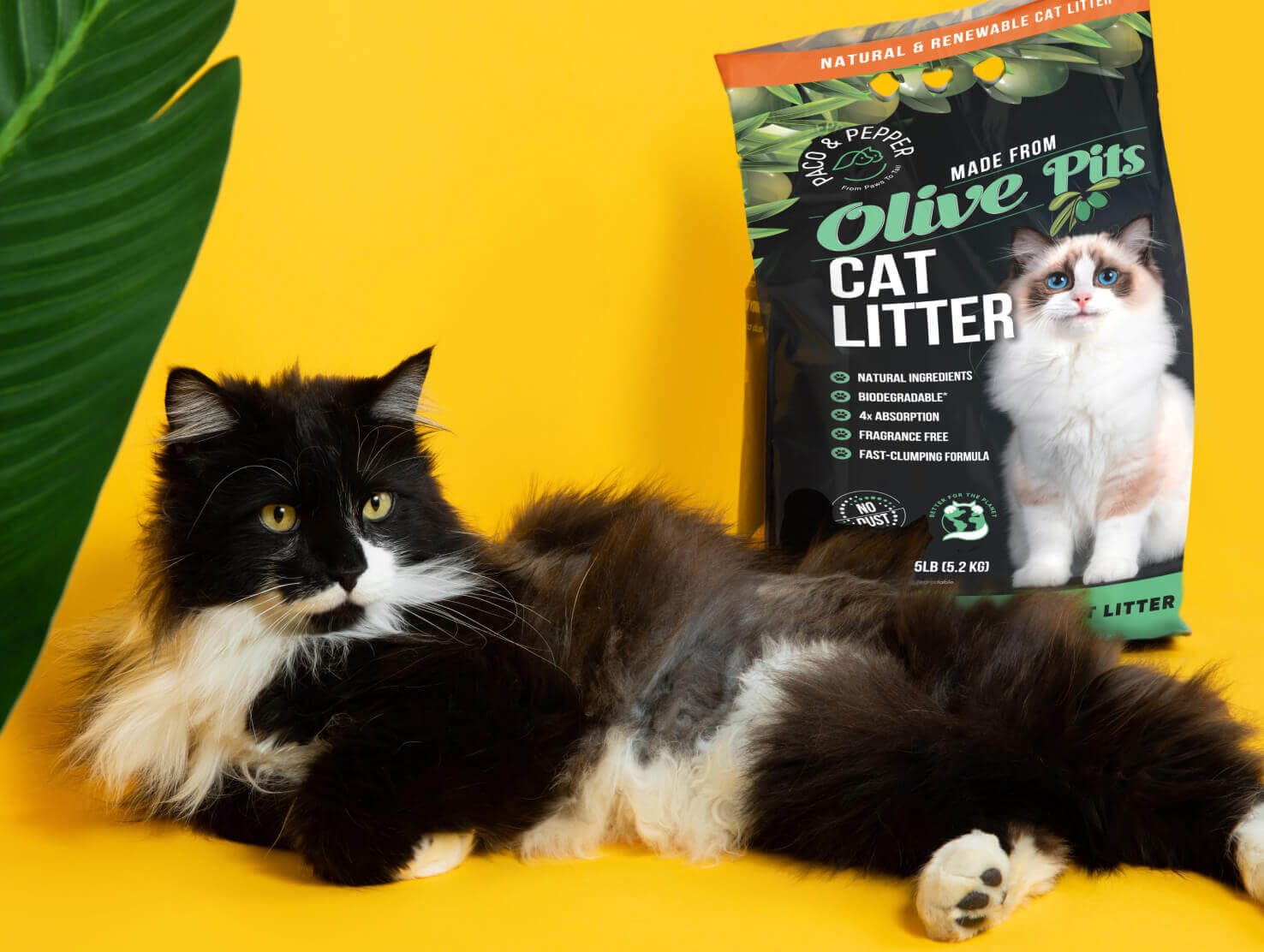Does Cat Litter Expire?

Cat owners often wonder if cat litter expires, and if so, what factors contribute to it expiring. Let's look at the factors that affect the longevity of litter, including whether exposure to air affects its shelf life and whether unopened cat litter can go bad.
What is meant by the expiration date of cat litter?
Cat litter consists of natural or synthetic materials designed to absorb moisture and control odor in the litter box. While cat litter does not necessarily “leak” the same way as food, for example, its effectiveness and quality can deteriorate over time, especially when exposed to certain environmental factors.
Factors affecting the shelf life of cat litter
The longevity of cat litter can be affected by several factors, including humidity, exposure to air, temperature fluctuations, and the type of litter material used. Over time, cat litter may clump less effectively, lose its odor control properties, or develop a stale odor, indicating it is time for replacement.
Does cat litter expire when exposed to air?
Does cat litter expire if exposed to the air? Exposure to air can speed up the decomposition of cat litter, especially clumping varieties. When exposed to moisture in the air, clumping litters can begin to clump prematurely or lose their ability to form solid clumps, resulting in increased odor and litter box litter. So, unopened litter can “expire” and to prolong the shelf life of cat litter, it is important to store it in a cool, dry place and seal it tightly between uses.
Does unopened cat litter have an expiration date?
Unopened cat litter usually has a longer shelf life than open containers. However, the specific expiration date may vary depending on the manufacturer and type of filler. While unopened cat litter may not technically have an "expiration date," its quality can still deteriorate over time, especially if stored in unfavorable conditions such as high humidity or extreme temperatures.
Signals indicating that the filler is “expiring”
- Clay filler
Over time, clay litter can lose its absorbent and clumping properties, resulting in less effective odor and moisture control. Exposure to moisture can speed up this decomposition process, causing the litter to become less effective at clumping and more prone to forming dust.
-
Silica gel filler
Although silica gel litter has a longer shelf life than clay litter, it can still lose its properties over time, especially when exposed to high levels of humidity. Silica gel beads can become saturated with moisture, reducing their ability to absorb urine and effectively control odors.
-
Paper fillers
Exposure to moisture and repeated use can cause the paper granules to break down, significantly reducing the effectiveness of the filler.
- Paco&Pepper filler
Prolonged exposure to moisture also causes the filler to lose its effectiveness. The recommended shelf life of the filler is 3 years.
Conclusion
While cat litter may not have a strict expiration date, its quality and effectiveness can deteriorate over time, especially if exposed to air or improperly stored.

